
Project 7
Fundamental Principles of Microbiome Dynamics
The complexity of microbial community behavior is shaped not only by which functions members can perform but also by the distribution, complementarity, and redundancy of these functions within the community. Microbiome research is often highly fragmentary, limited to system-specific interpretations of observed microbiome dynamics. Project 7 is structured into three Work packages that all follow a uniquely broad approach to identifying fundamental mechanisms of microbiome dynamics.
We aim to identify general mechanisms of growth and turnover in complex microbial communities by investigating microbial ecosystems as distinct as human gut, soil, and ocean. The results will also complement efforts to investigate the growth law as a central ecological theory in this module.
Growth dynamics of complex communities are shaped not only by environmental constraints but also strongly by internal interactions. We will enhance our understanding of microbial interaction mechanisms and interaction networks in complex microbiomes.
Interaction networks are essential not only for community growth and turnover but also for community functions and services and for how they respond to perturbations or changes in environmental conditions. We strive to identify universal patterns of how microbial communities respond to pulsed perturbations or oscillating environmental conditions, which is a phenomenon most natural communities experience.
Involved KEY RESEARCHERs
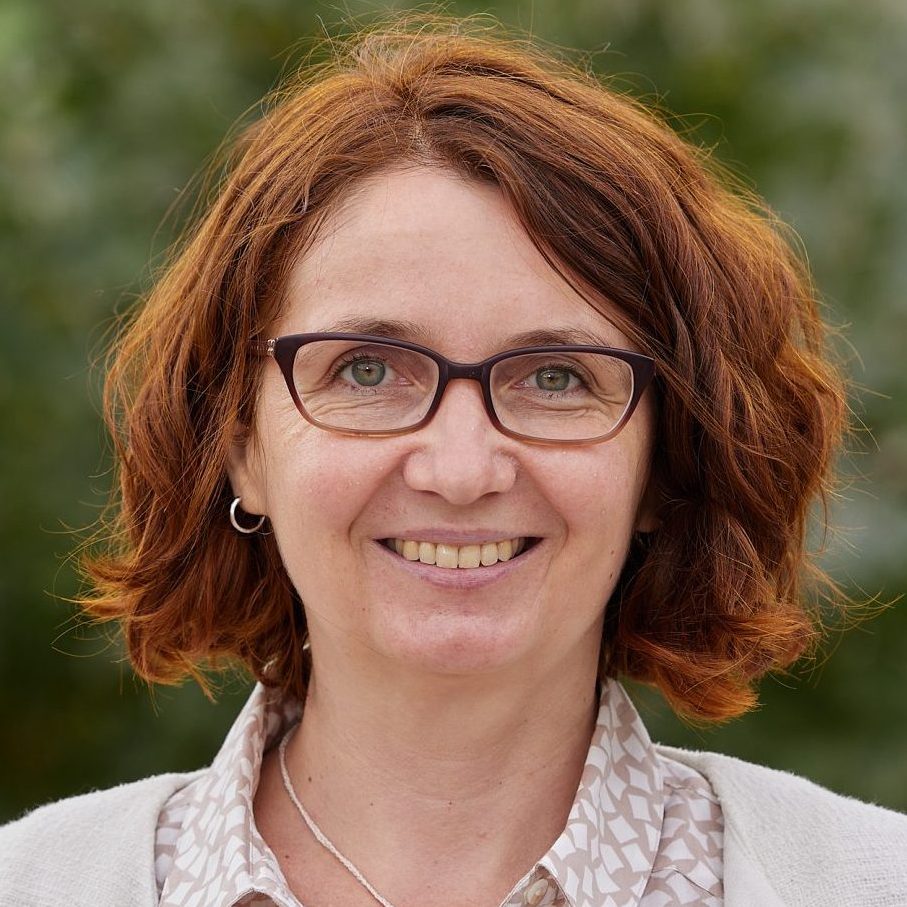
christina kaiser
Project Leader
university of vienna
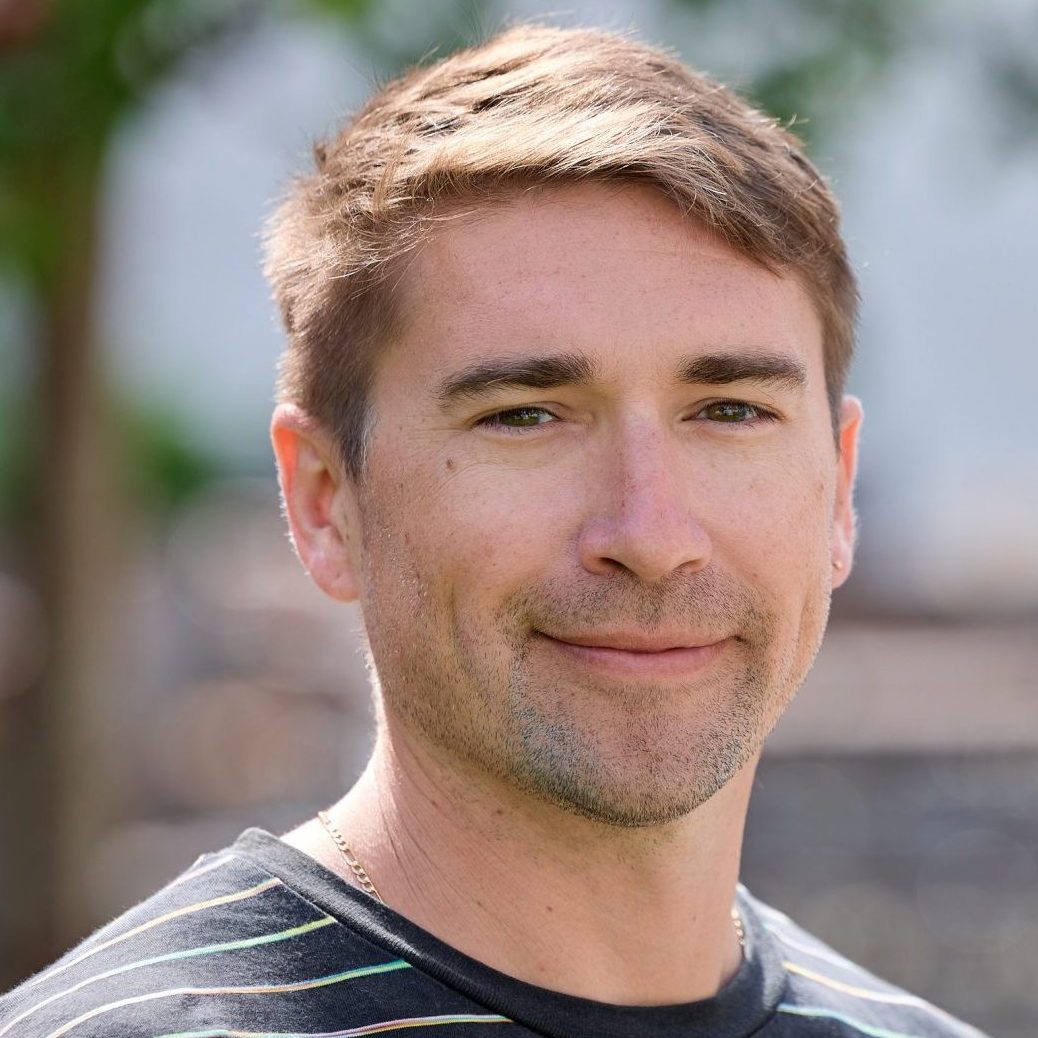
david berry
Project Member
university of vienna
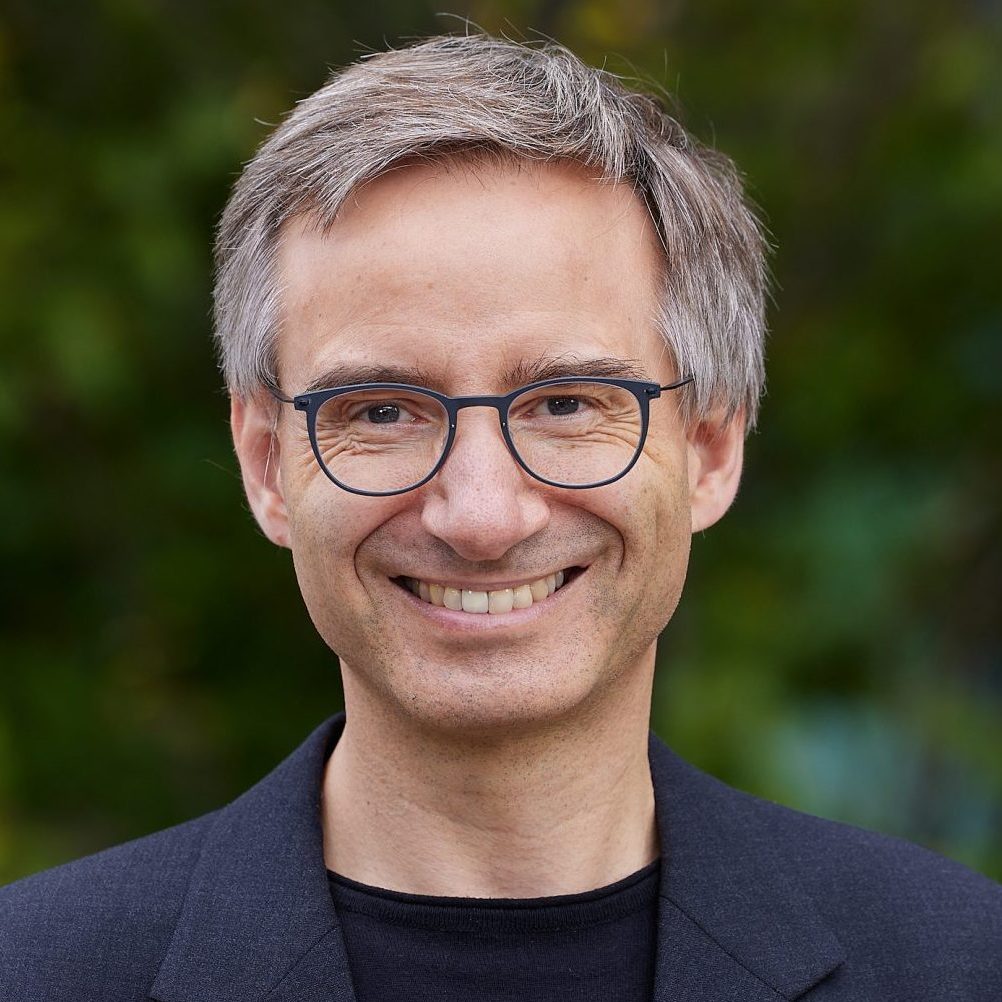
holger daims
Project Member
university of vienna
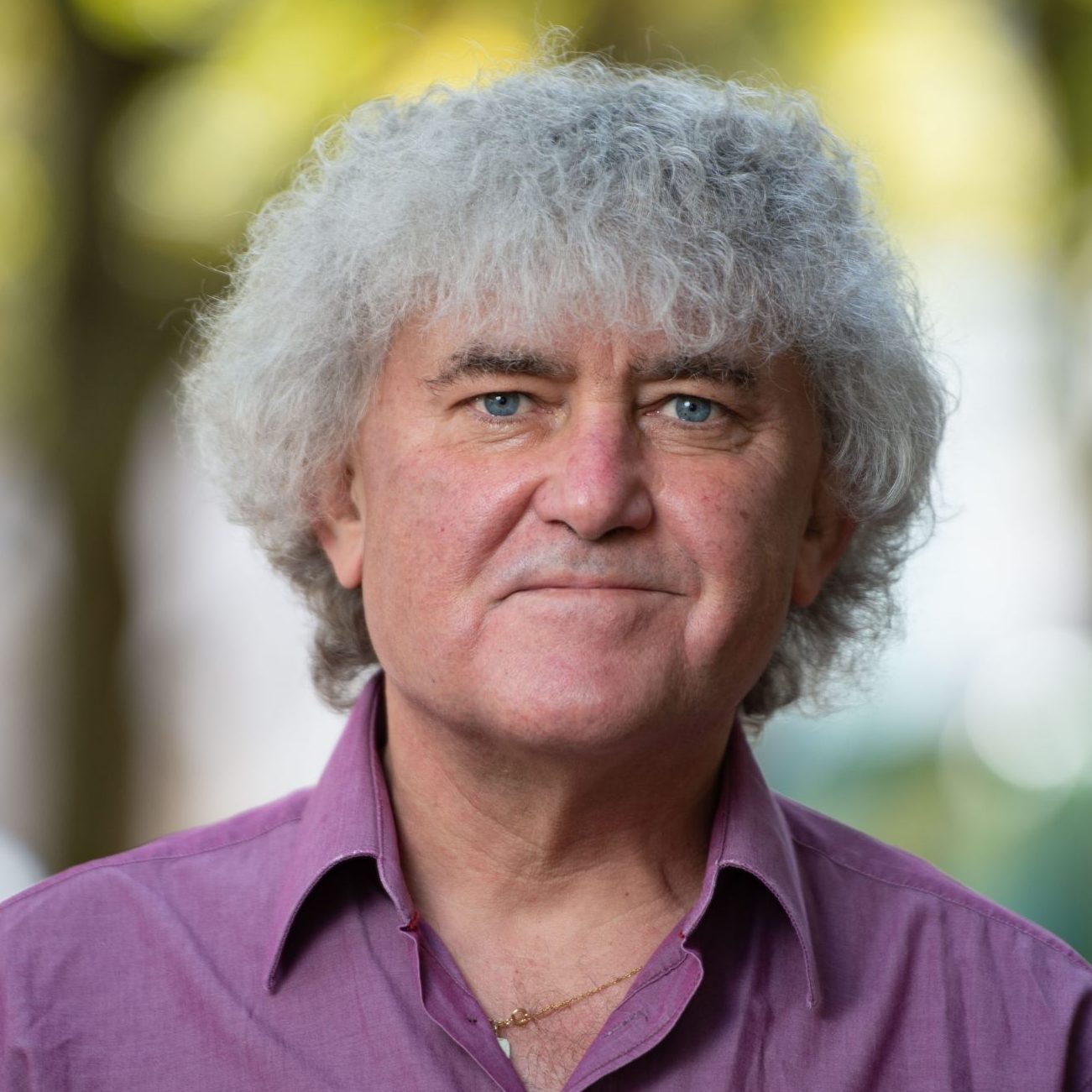
peter hinterdorfer
Project Member
johannes kepler university linz
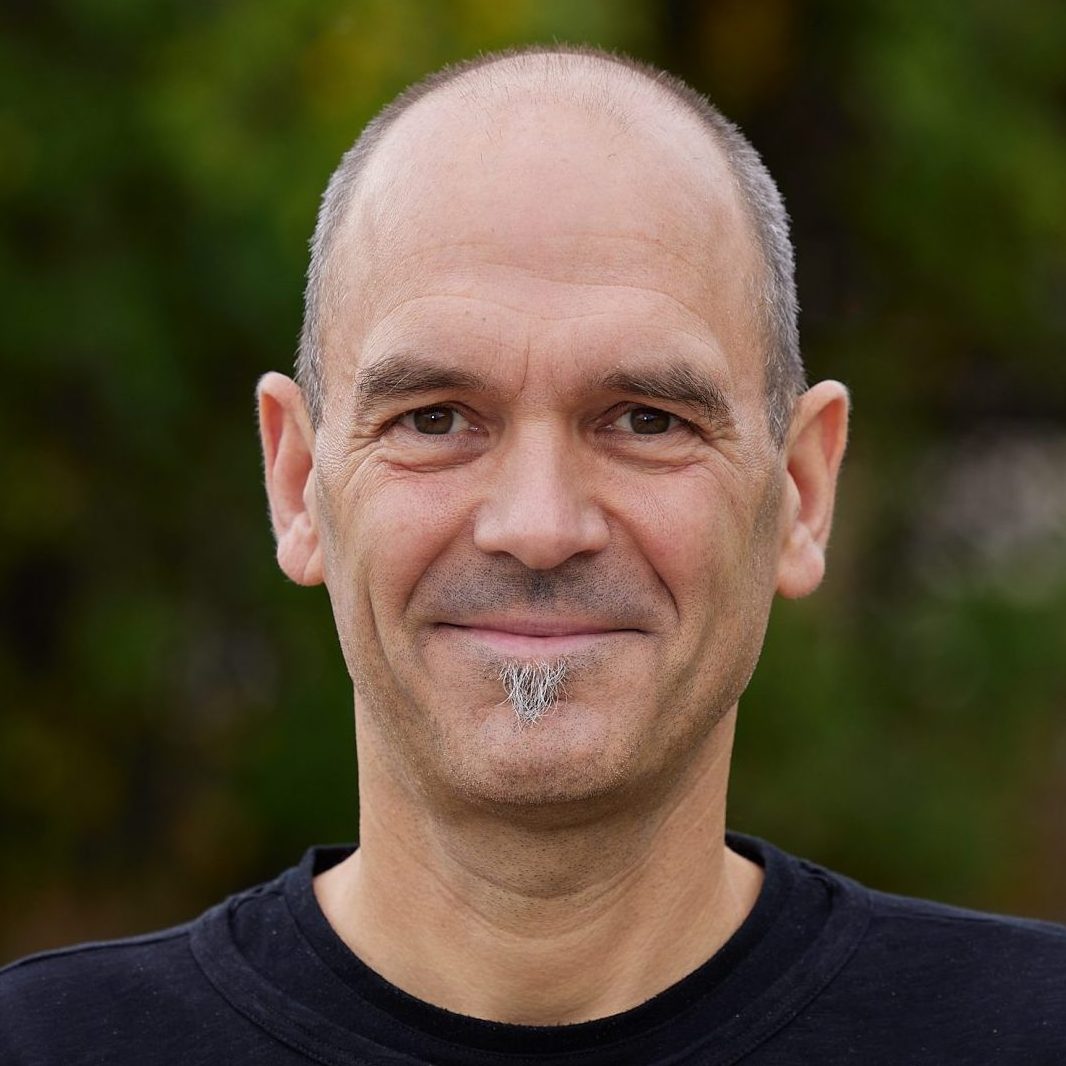
matthias horn
Project Member
university of vienna
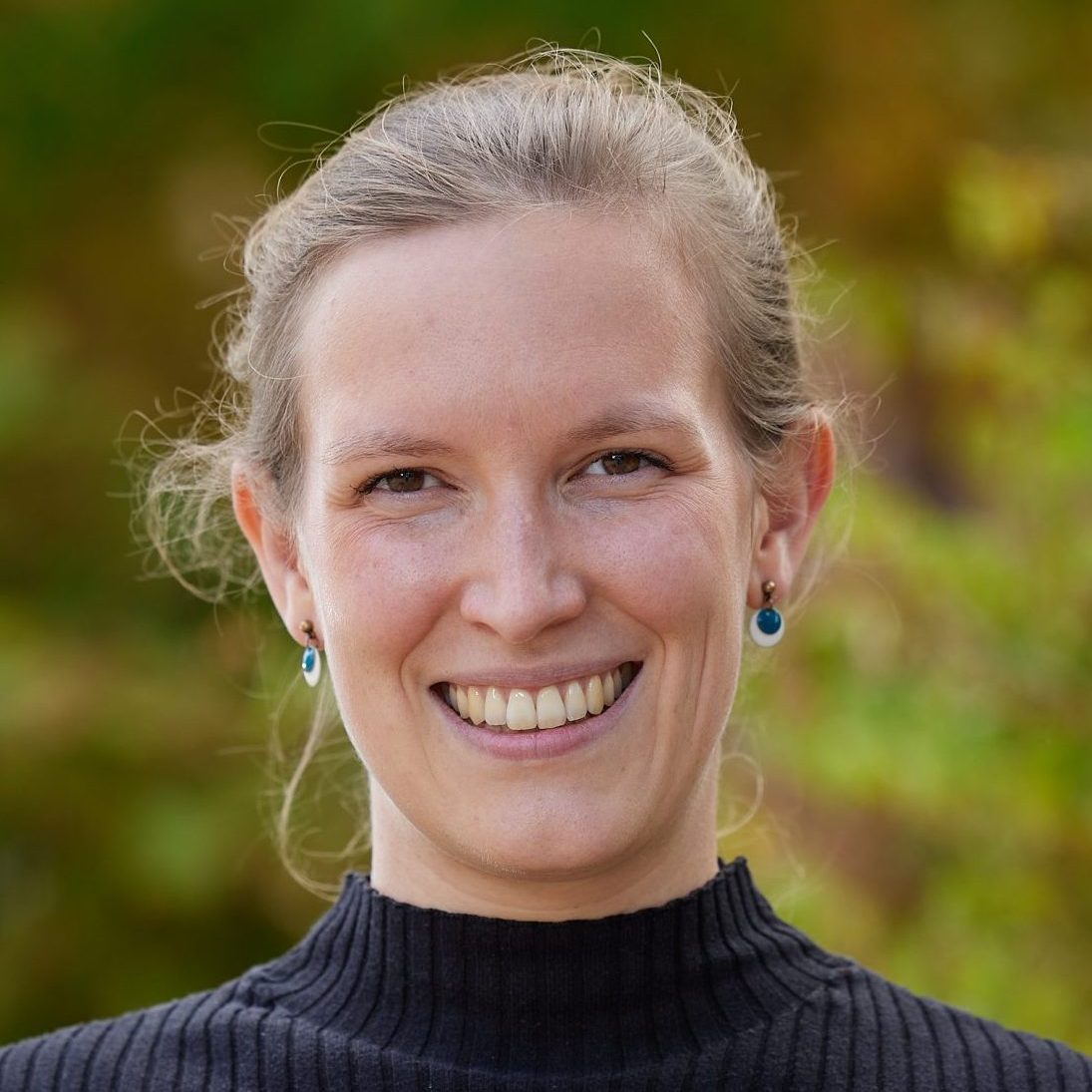
katharina kitzinger
Project Member
university of vienna
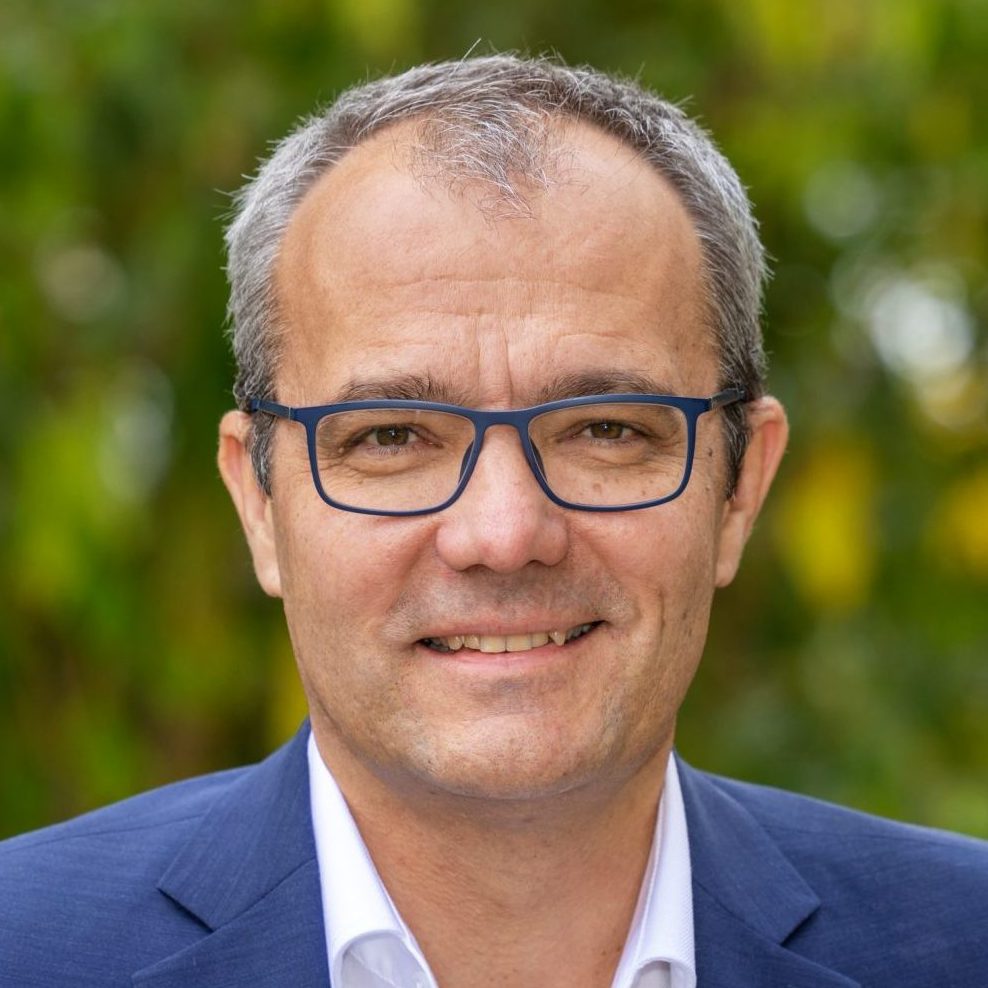
bernhard lendl
Project Member
technische universtät wien (tu wien)
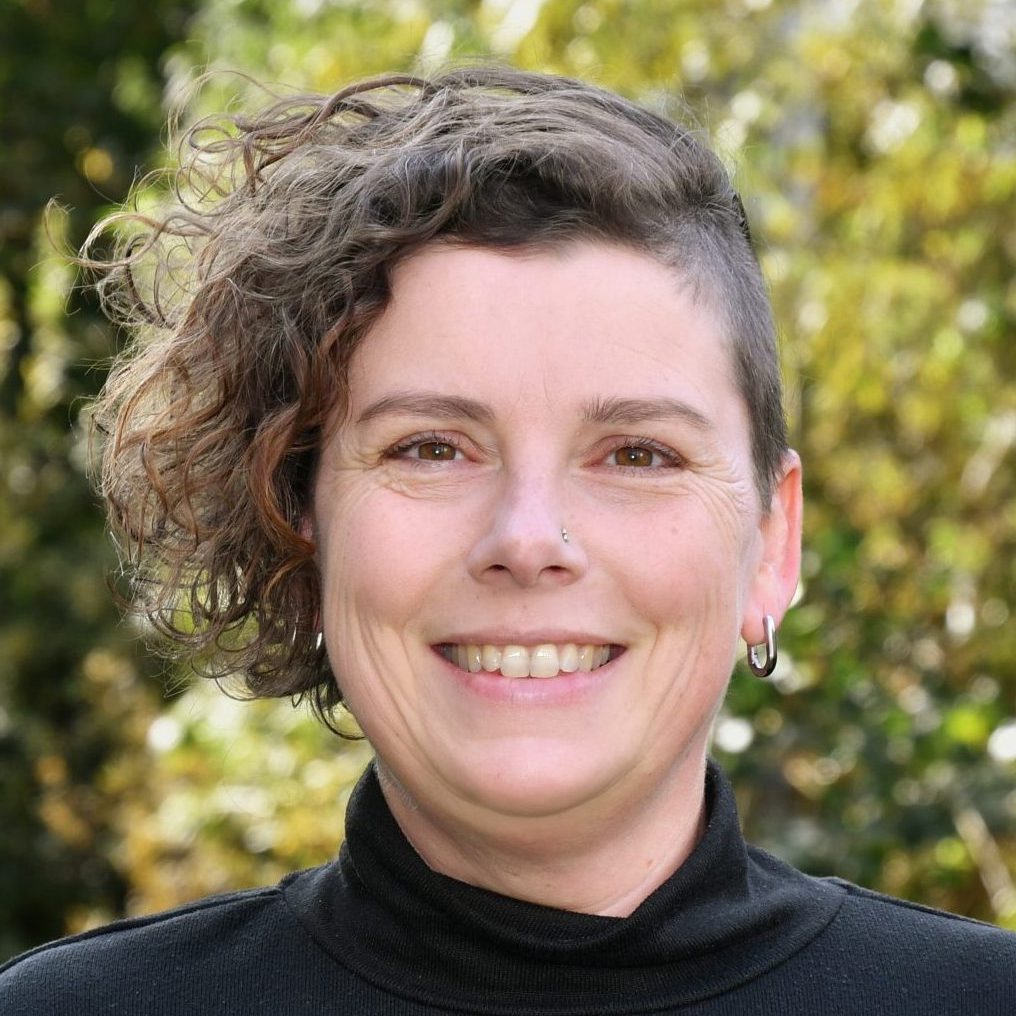
christine moissl-eichinger
Project Member
medical university of Graz
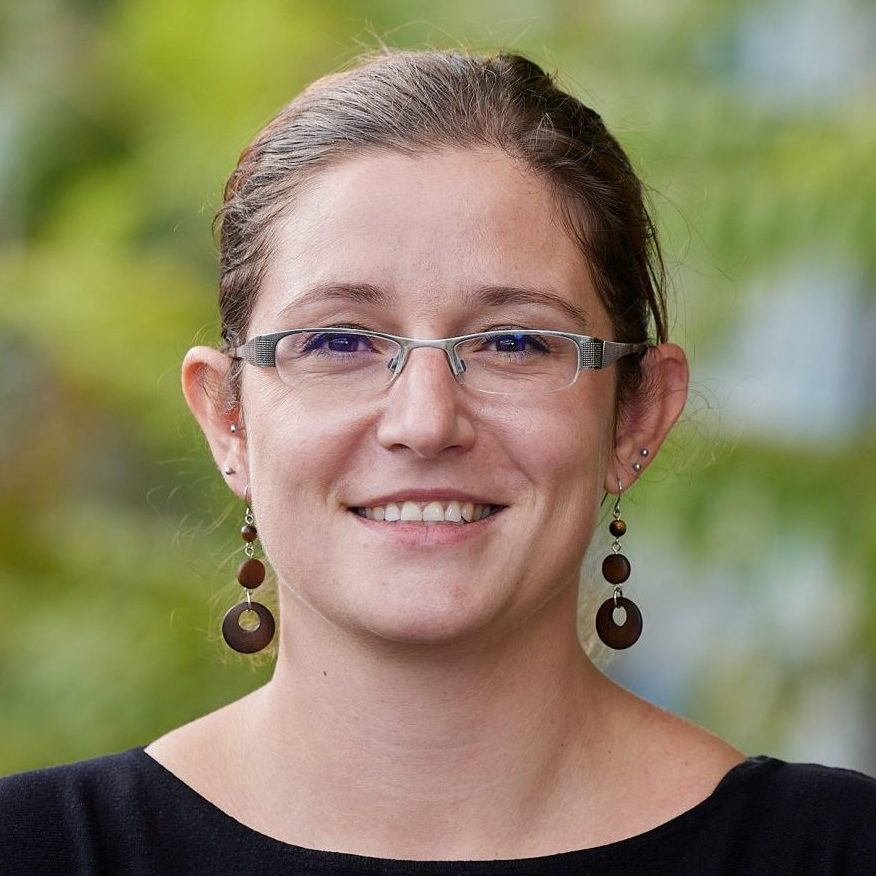
petra pjevac
Project Member
university of vienna
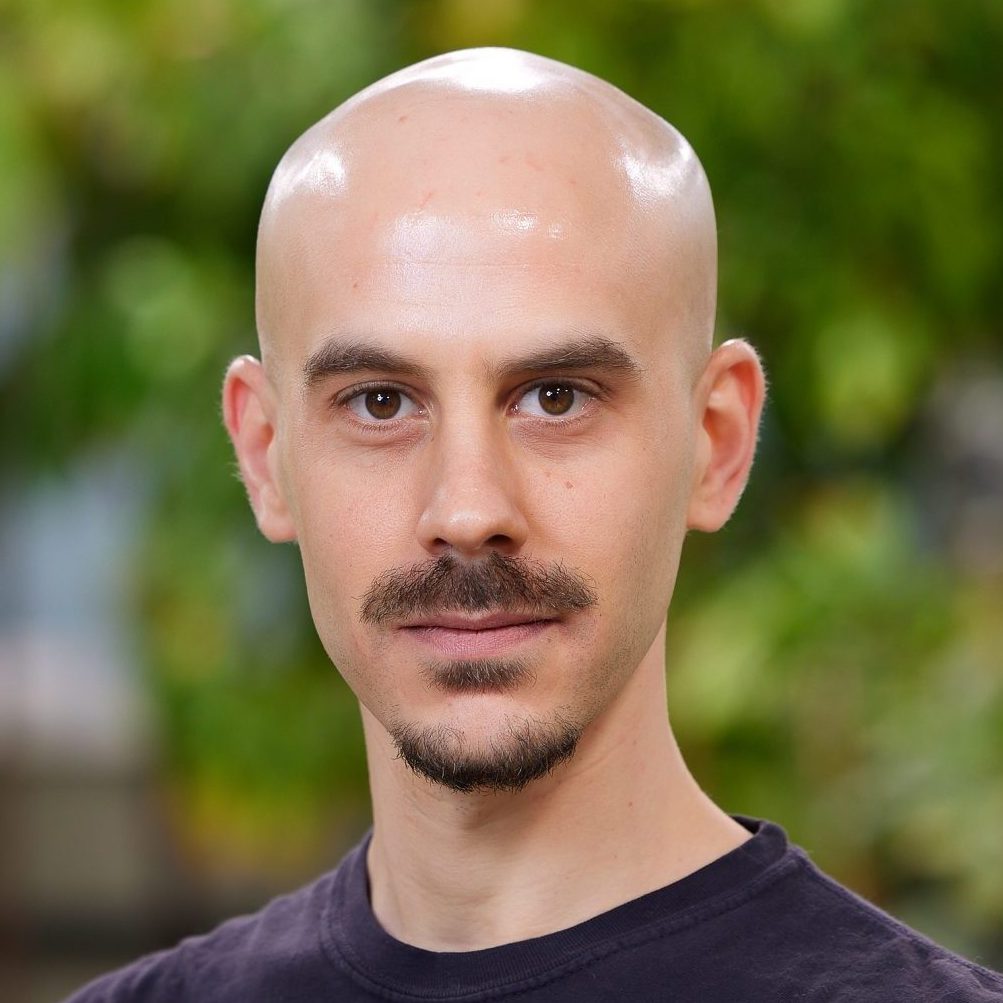
shaul pollak
Project Member
university of vienna
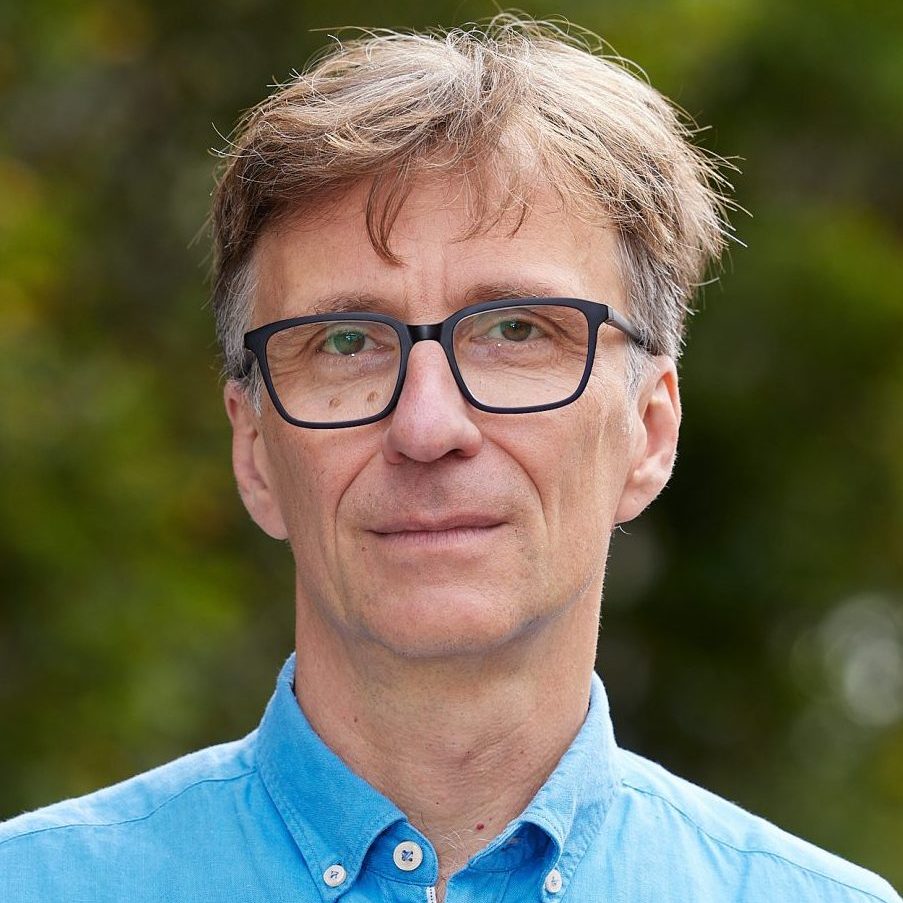
martin polz
Project Member
university of vienna
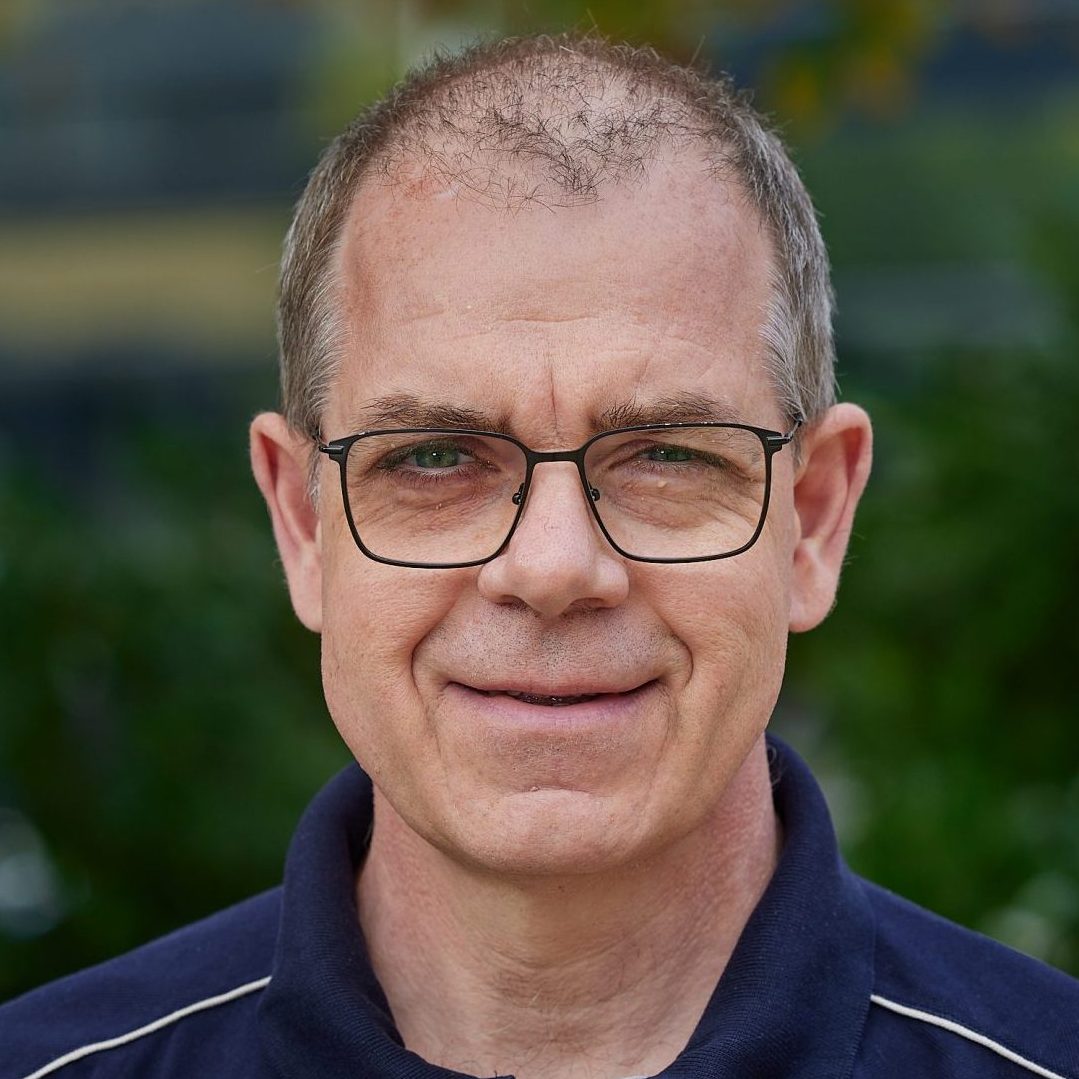
thomas rattei
Project Member
university of vienna
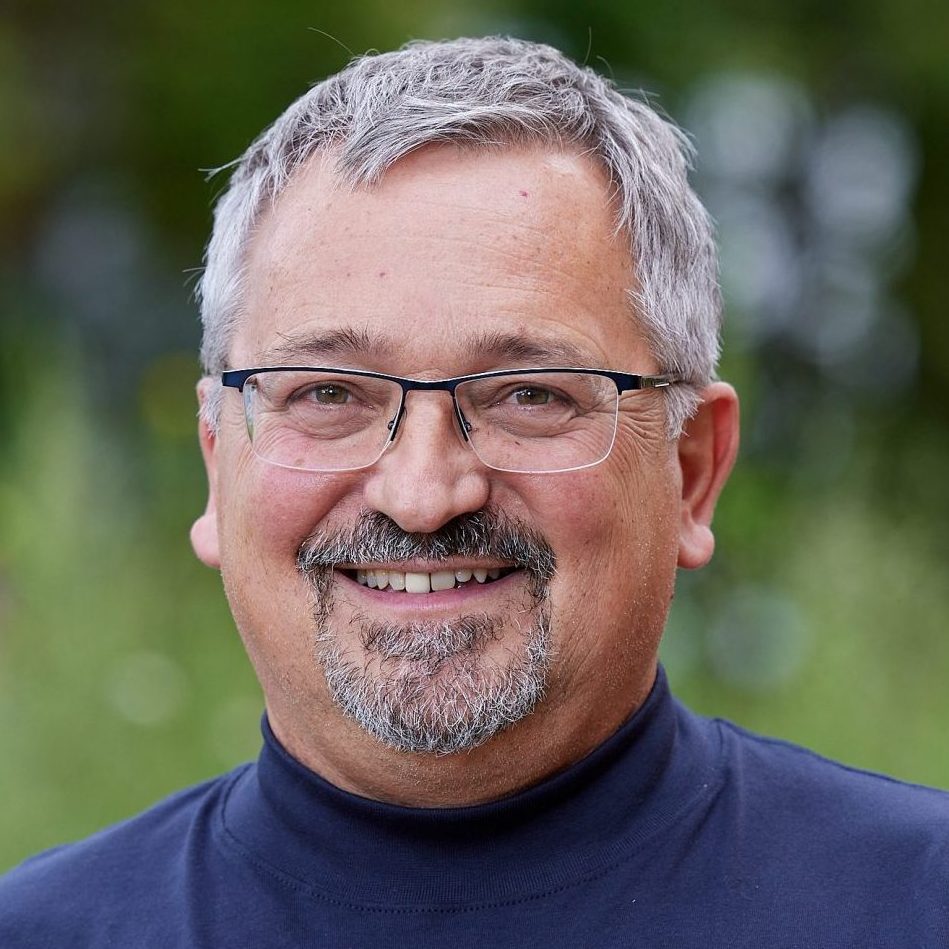
andreas richter
Project Member
university of vienna
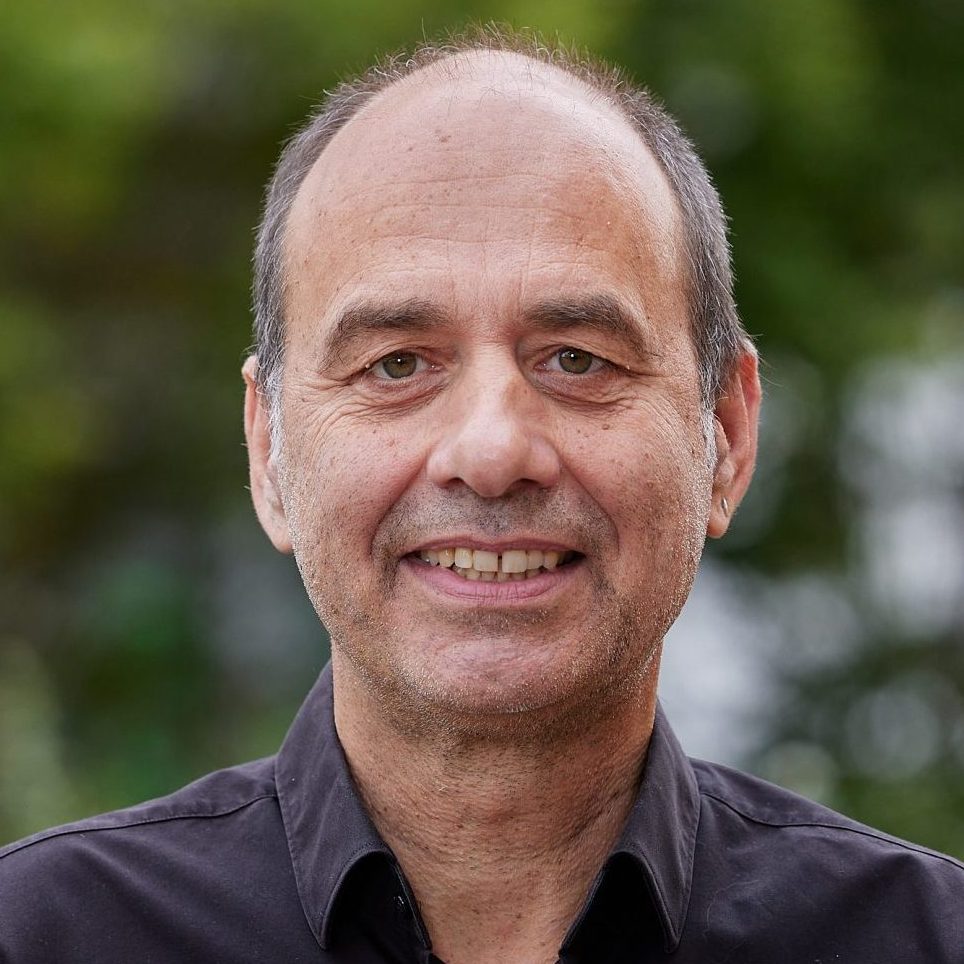
michael Wagner
Project Member
UNIVERSITY of vienna
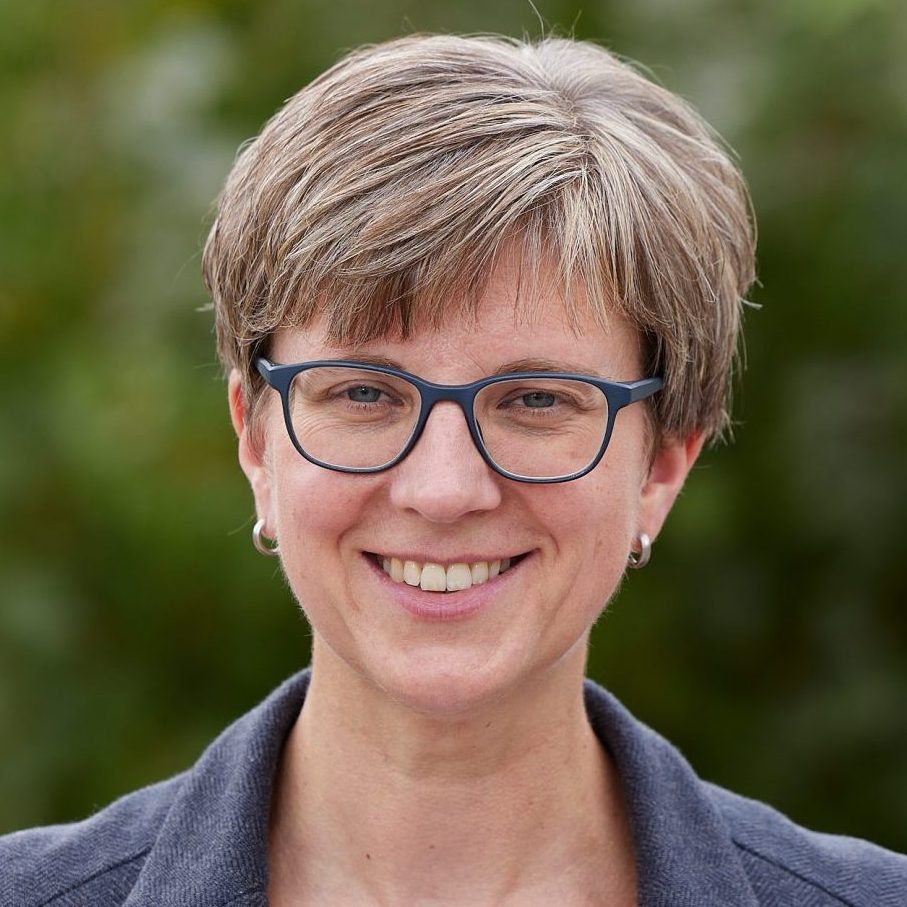
dagmar woebken
Project Member
UNIVERSITY of vienna
InVolved institutions
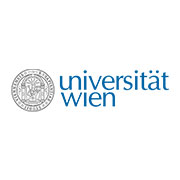
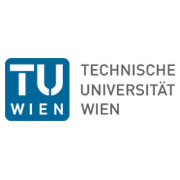
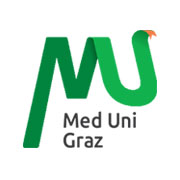
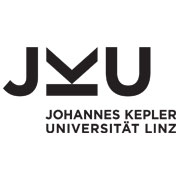
work packages in project 7
Work package 7.1
Microbial Growth, Biomass, and Carbon Use Efficiency
Despite its central importance, there is no unifying theoretical concept of growth that can be applied all the way from pure cultures to microbial communities in the wild. This Work Package aims to identify general mechanisms of growth and turnover in complex microbial communities by investigating microbial ecosystems as distinct as human gut, soil, and ocean.

Work package 7.2
Microbial Interaction Mechanisms and Networks in Complex Microbiomes
Complex microbiomes are shaped by multiple, functionally distinct interaction networks. In this Work Package, we aim to better understand phenomena such as community structure shifts, spatial rearrangements of microbial populations, niche partitioning, and microbial invasion by tapping into the rich information in microbiome interaction networks.

Work package 7.3
The Effect of Oscillating Environmental Conditions and Perturbations on Microbiomes
Oscillating environmental conditions are among the most prominent factors that shape microbial communities. This Work Package will employ concepts from temporal ecology to investigate how the recent and distant history of perturbation events and their temporal patterns shape microbial communities.







